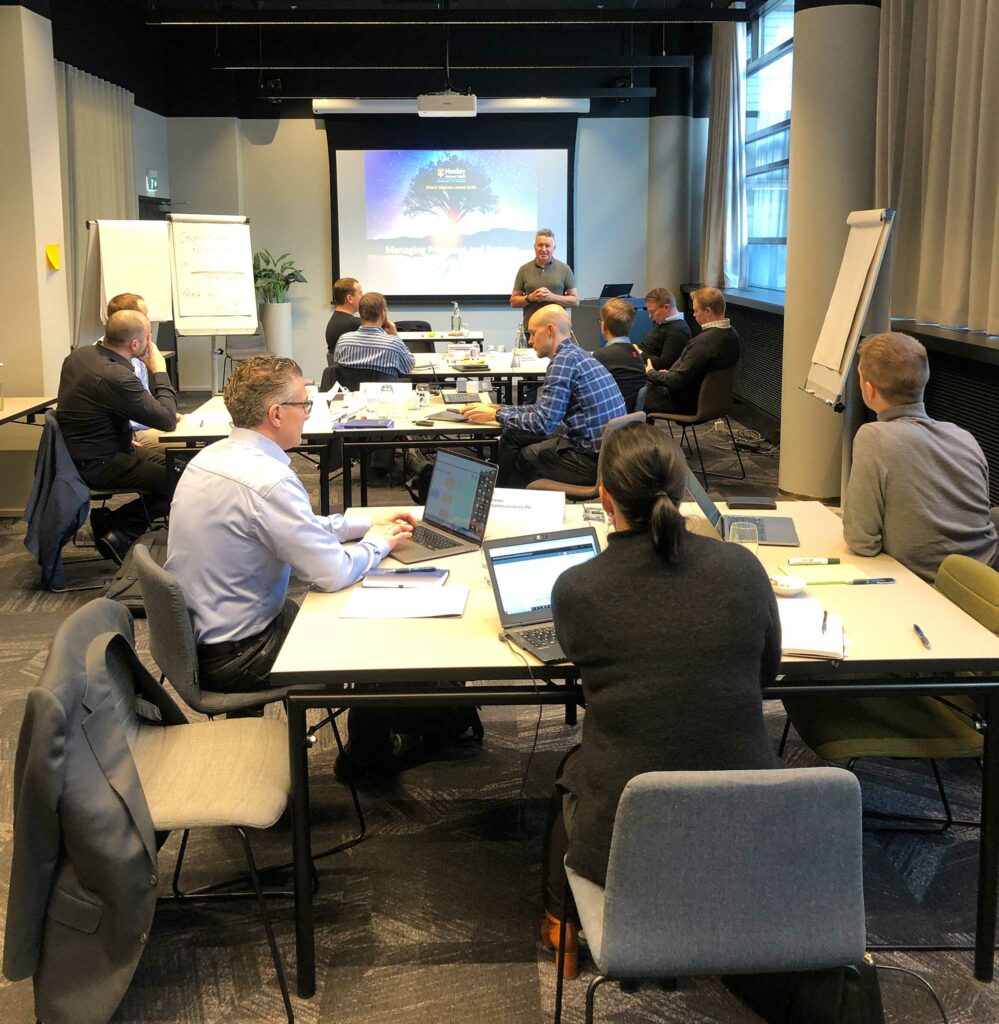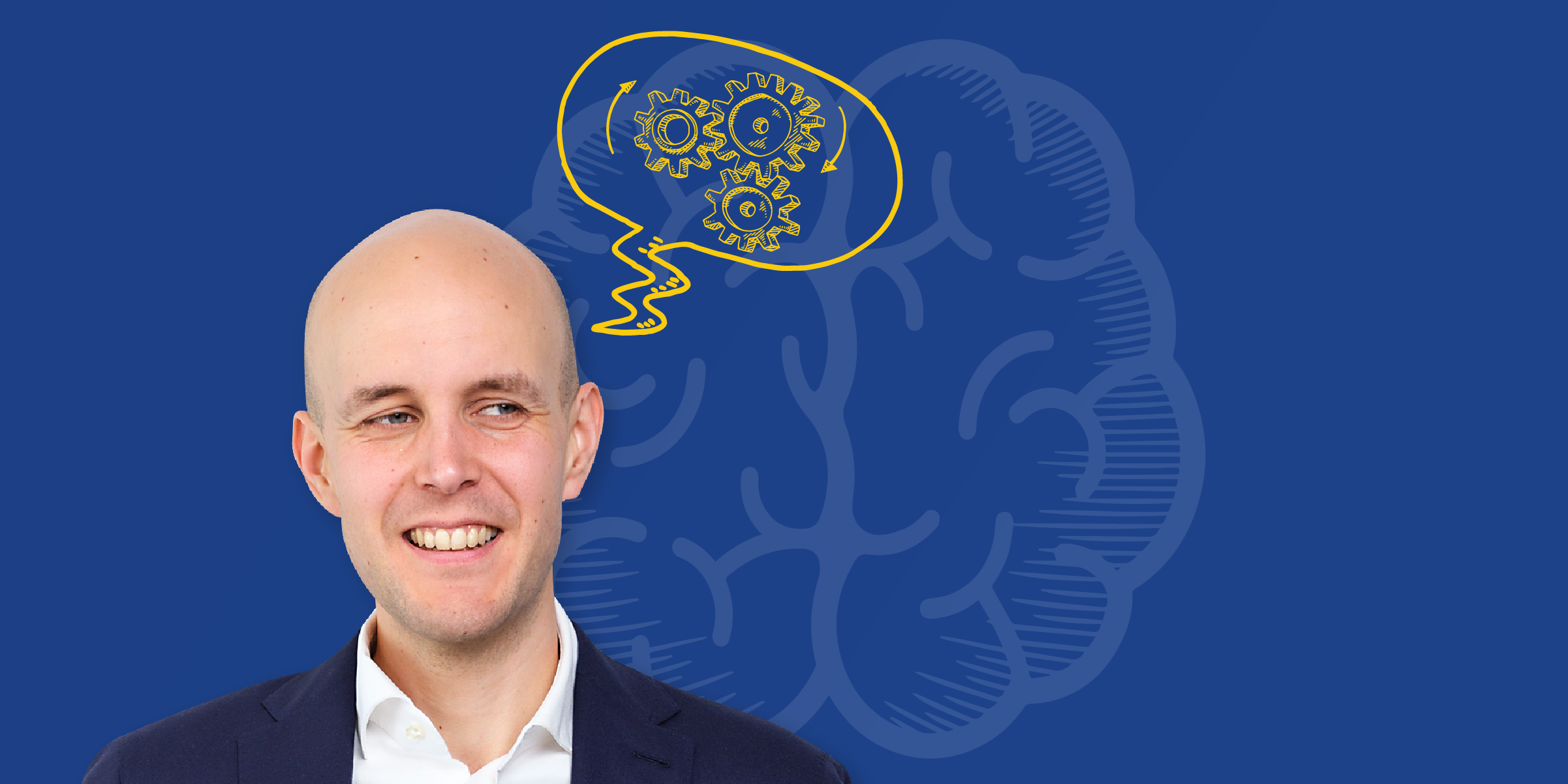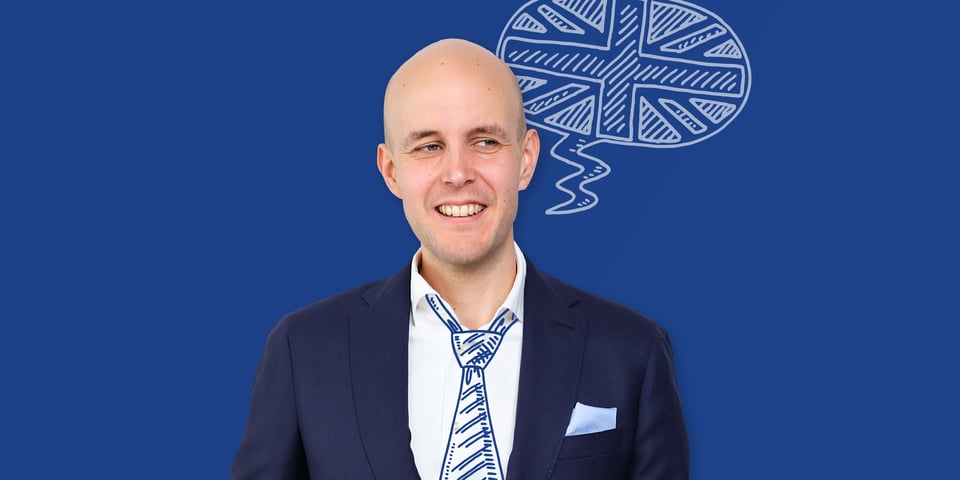I recently attended the Managing Processes and Systems (MPS) workshop as part of my Henley Executive MBA (EMBA) studies. I felt well prepared having done the course pre-work in advance, and I had also written roughly 2000 words of the course-related assignment. I was ready to learn!
My expectation was that I was going to learn new models and frameworks that would enable me to understand business processes more broadly and discuss the relative strengths and weaknesses of different approaches. The reality, however, turned out to be much more about unlearning. Sounds complicated? Let me explain.
I had already used some of the models taught in this module, like the Input-Process-Output (IPO) model and the Performance Objectives Matrix, filling them with examples from my company as part of the course pre-work. I felt on top of things. But during the workshop, I quickly realised that my view of things had been rather superficial and narrow, focusing only on the most evident and visible aspects of the business processes.

The real discovery of the process dynamics was only possible after taking a more precise and detailed look at the various processes in our company. To be able to do this, I had to take some distance from the high-level reasoning that comes natural to me and learn to observe and describe things more meticulously.
My previous approach for process analysis and design has been “quick and dirty”. During the workshop, I was challenged to take a more disciplined and detailed approach. So, in essence, I had to “unlearn” my simplified and big picture way of looking at things, and “relearn” a more structured and methodical way of working.
Unlearning is not about forgetting. It's about the ability to choose an alternative approach or paradigm. Something that’s a better fit for the purpose. Of course, you can also learn incrementally, building new knowledge and skills on top of the existing ones, but sometimes you have to make a more holistic “paradigm shift” in order to gain a new level of proficiency.
Why is unlearning so hard, then? It’s painful to let go of something we have a strong routine for and replace it with a new way of thinking and working that takes a lot of practice to master. It can also be difficult to admit oneself that a previous way of working or thinking has not been a 100% fit for the purpose.
Most adults have cumulated a lot of knowledge and mental models they are using to understand and interpret new information. Our thinking is always biased, so learning a piece of information also makes our thinking biased in a new way. Therefore, it’s so important to think critically and be challenged about your angle of looking at things.
I was happy to discover that during the MPS module the lecturer was eager to help us improving our thinking and reasoning. We were challenged to ask questions and share our views, which in turned lead to great discussions and thought-provoking follow-up questions.
Based on this experience, I’m setting a new goal for my Henley EMBA studies: to become better at unlearning things. Those who can unlearn and relearn will be champions in the future, because the ability to learn and adapt is the only permanent source of competitive advantage.
You can follow my EMBA journey through weekly updates with the hashtag #JuhoGoesEMBA on LinkedIn.
If you would like to learn more about the Henley EMBA:







